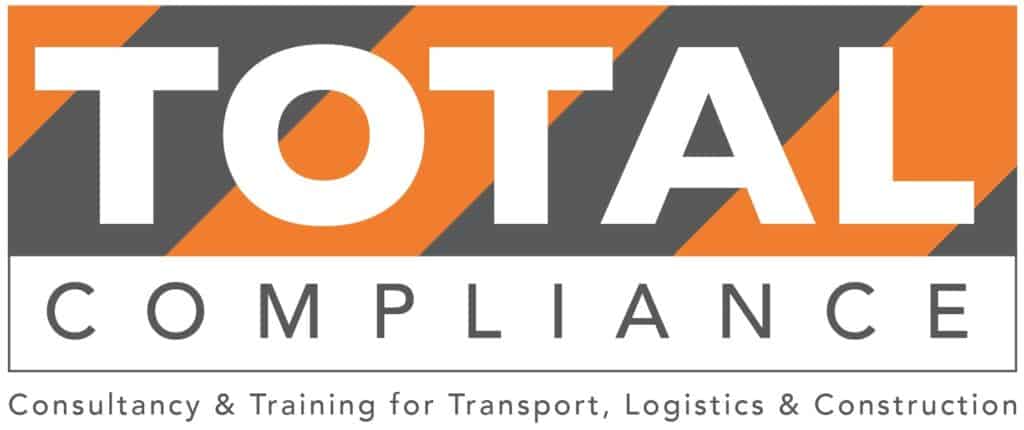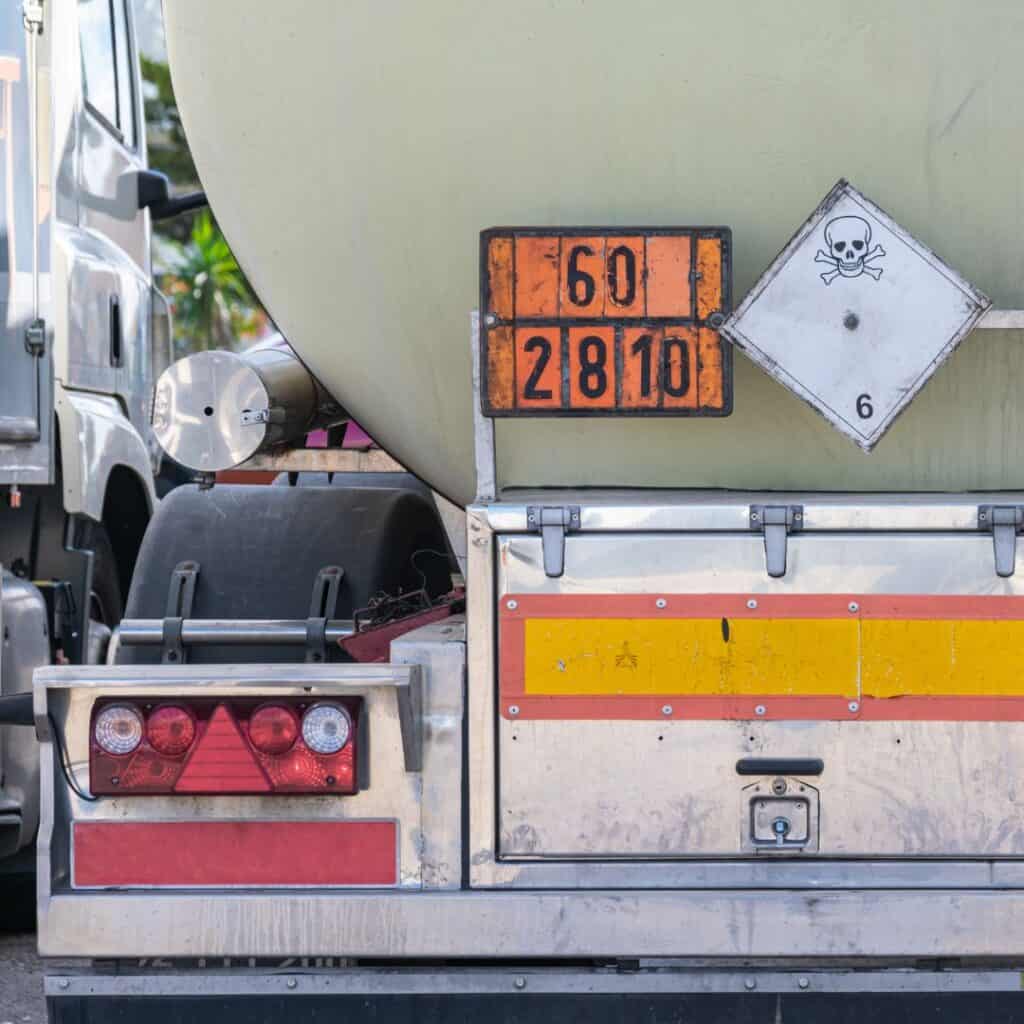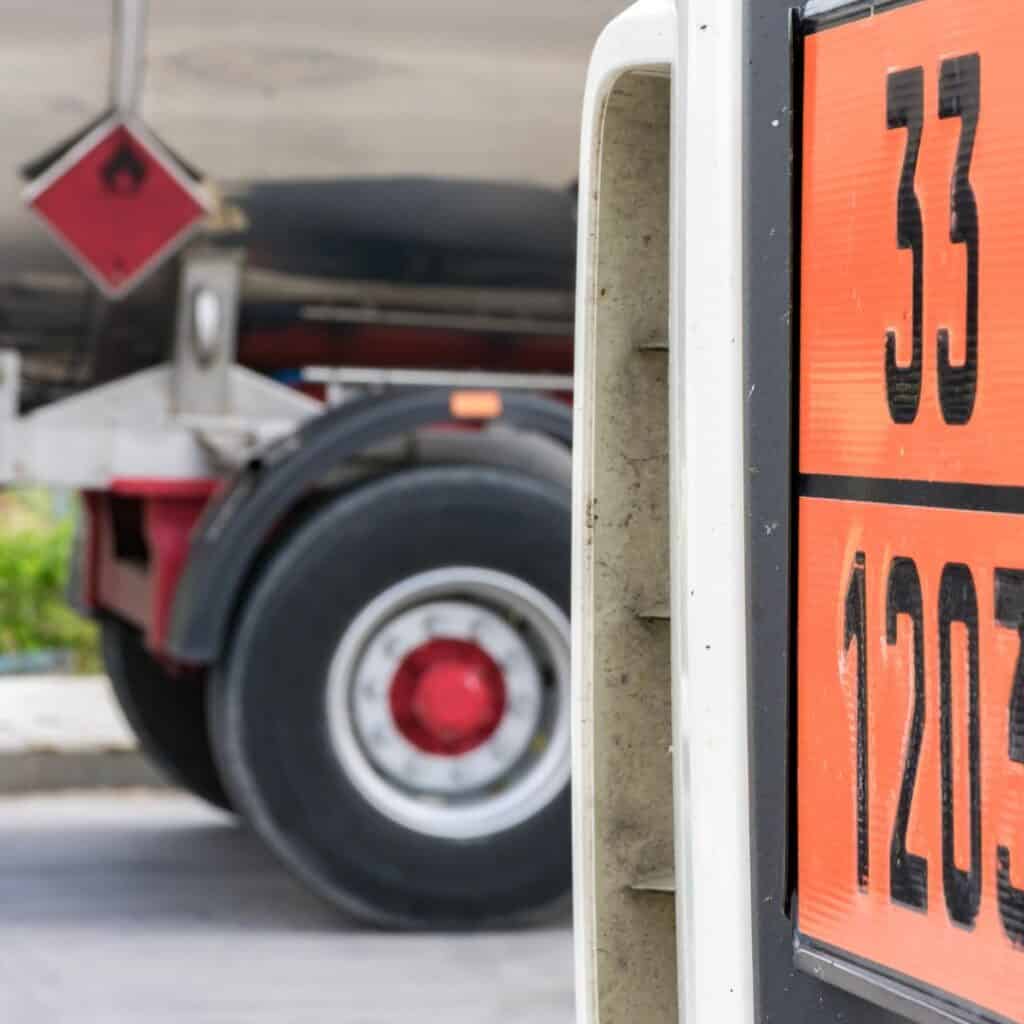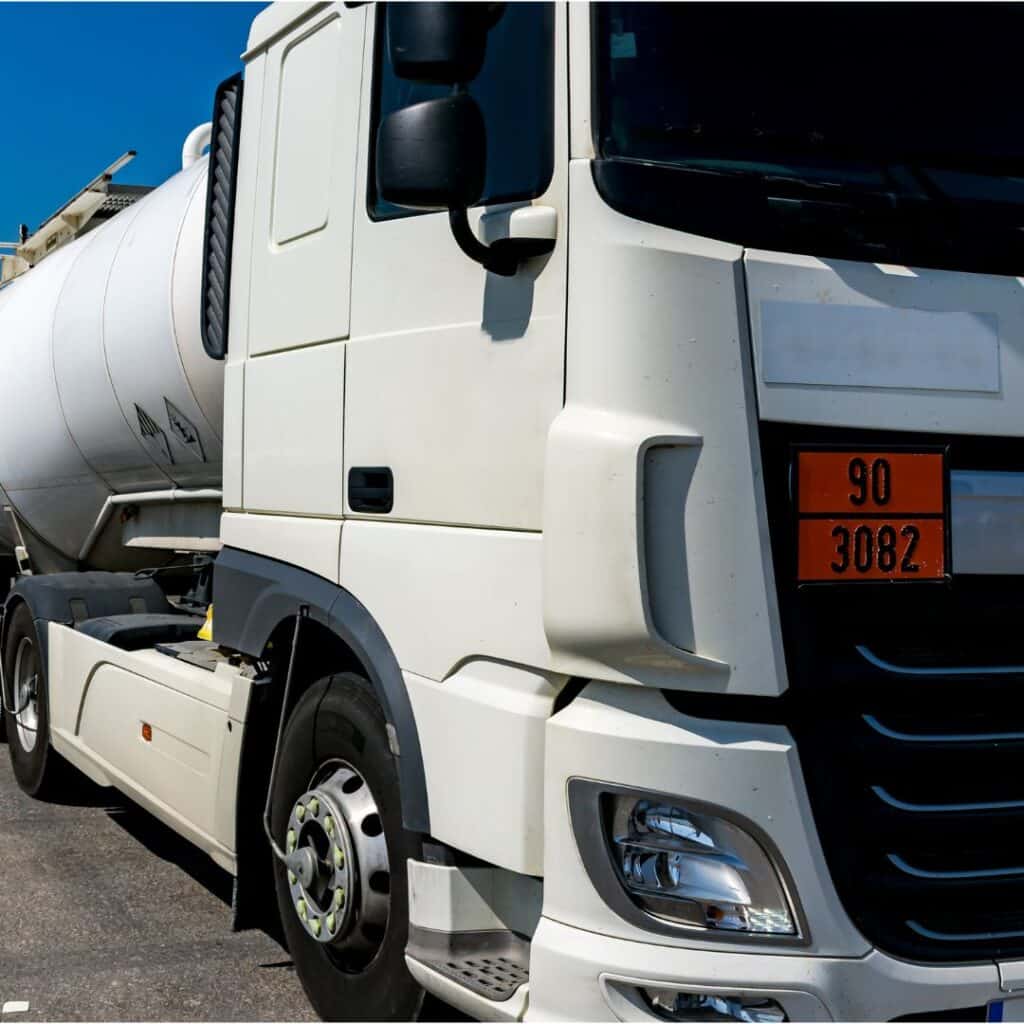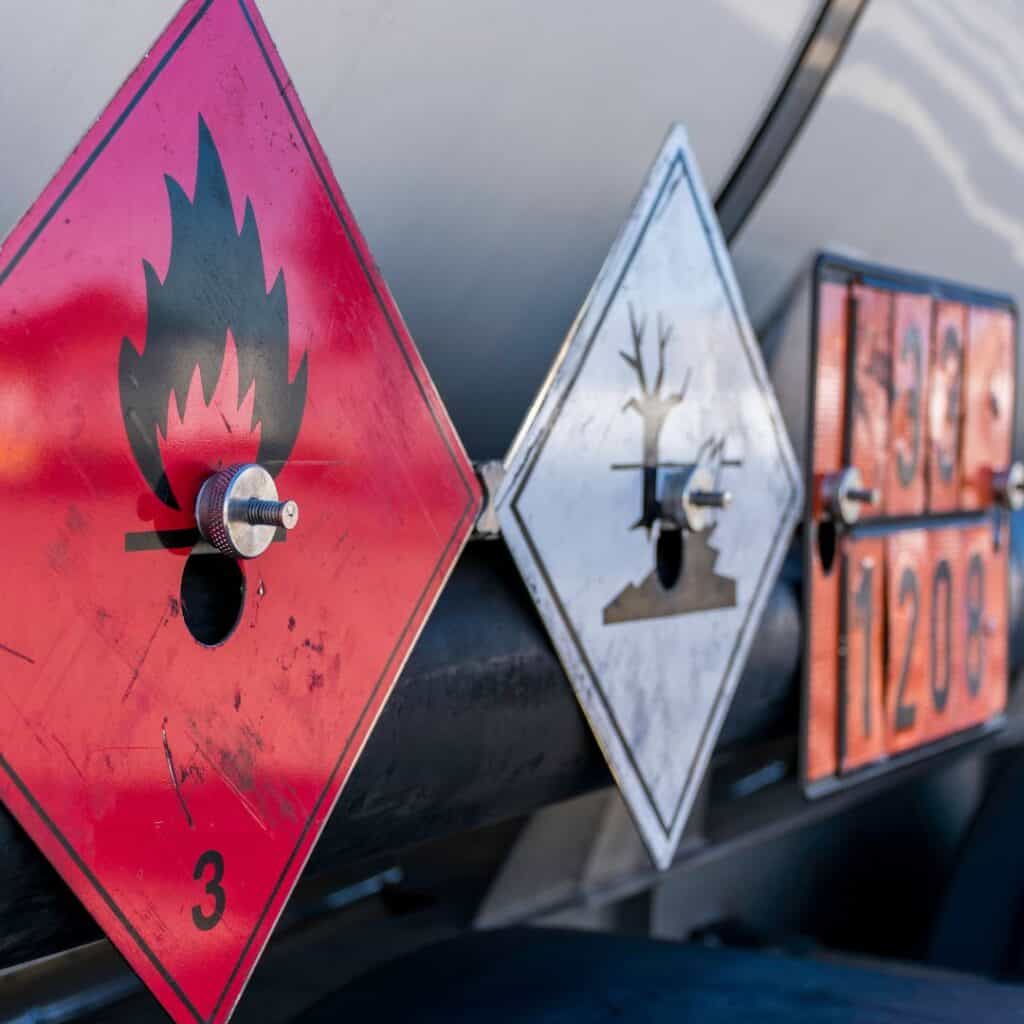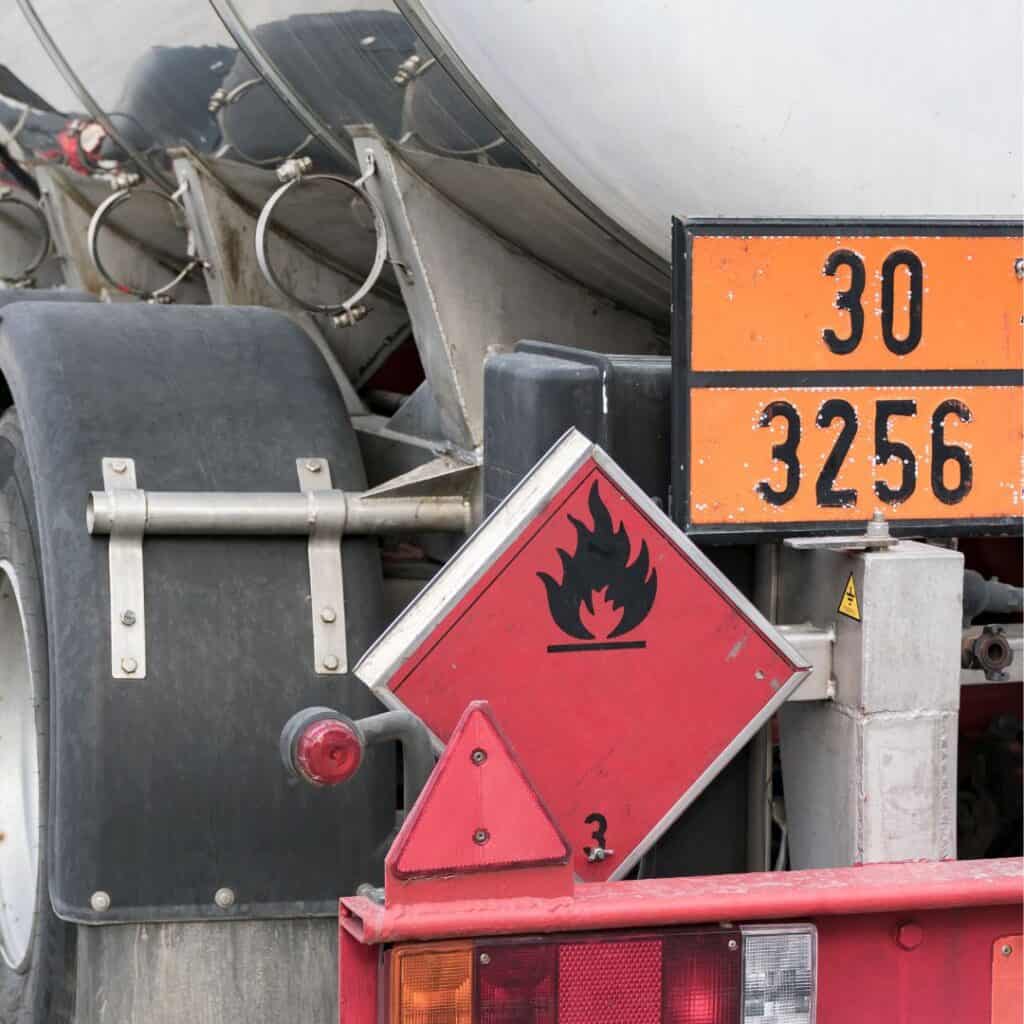Driving Law
Have you been summoned to a Traffic Commissioner Public Inquiry and feeling stressed out?
“Have you been summoned to a Traffic Commissioner Public Inquiry and feeling stressed out? Don’t worry, you’re not alone! These inquiries can be extremely nerve-wracking and overwhelming, but Total Compliance Transport Consultants can help ease the burden, and assist with your transport compliance. So what can you expect at a Traffic Commissioner Public Inquiry? Well,…
Read MoreWho needs DGA/ADR training?
ADR stands for ‘Accord européen relatif au transport international des marchandises Dangereuses par Route’ and is a European agreement that regulates the transport of dangerous goods by road. In the UK, ADR training is mandatory for certain types of workers who are involved in the transportation of dangerous goods by road. The following types of…
Read MoreWhat to Expect When Becoming a DGSA?
Becoming a qualified Dangerous Goods Safety Advisor (DGSA) is a great career choice for those interested in taking responsibility for the safe handling and transport of hazardous substances. The job involves evaluating the risks associated with storing, packaging, transporting, and using various dangerous materials, as well as providing safety advice and guidance to employees. How…
Read MoreWhat Should I Consider When Hiring a DGSA?
As of 31 December 2022, any company that handles dangerous goods must appoint a DGSA, including anyone who consigns, transports, picks, packs, organises, fills, loads or unloads dangerous goods on a regular basis, by road, rail or inland waterway. If your business is included in the above list, you’ll need to start looking for a…
Read MoreWhat is the Difference Between FORS and CLOCS?
Fleet management is a critical aspect of any transportation industry, and with the increasing focus on road safety and environmental concerns, many organisations are turning to accreditation schemes to ensure that their fleets operate to the highest standards. Two of the most widely recognised schemes in the UK are the Fleet Operator Recognition Scheme (FORS)…
Read MoreWhat are the Differences Between FORS Gold, Silver, and Bronze Accreditation?
Fleet Operator Recognition Scheme (FORS) accreditation is a voluntary scheme that aims to promote best practices in safety, efficiency, and environmental performance for fleet operators. There are three levels of FORS accreditation: Bronze, Silver, and Gold. Each level represents a higher level of achievement and requires operators to meet increasingly stringent criteria. Here are the…
Read MoreWhat Are Dangerous Goods Classes and Packing Groups?
The transportation of hazardous substances is a complex and potentially dangerous process, and understanding the proper methods for packing and shipping these materials can be the difference between life and death. Have you ever wondered what dangerous goods classes and packing groups are? In this article, we’ll discuss the importance of following the regulations set…
Read MoreWhat Are the Benefits of FORS Accreditation?
If you’re a fleet operator in the UK and want to increase your likelihood of landing big contracts, The Fleet Operator Recognition Scheme (FORS) is a highly regarded accreditation that can add great value to your commercial transport company. Whilst FORS is a voluntary scheme, an increasing number of companies are demanding proof of best…
Read MoreWhat is a Dangerous Goods Safety Adviser and What Are Their Responsibilities?
A Dangerous Goods Safety Advisor (DGSA) is an essential role for companies involved in the transportation of hazardous materials. The DGSA ensures that companies comply with regulations for the safe transportation of dangerous goods by providing advice and guidance to their employers. In this article, we will discuss what a DGSA is and their responsibilities.…
Read MoreWill FORS Accreditation Save Your Business Money?
FORS (Fleet Operator Recognition Scheme) accreditation is a voluntary scheme that promotes best practices for fleet operators in the UK and beyond. FORS accreditation can help your business in various ways, including improved safety, reduced emissions, and increased efficiency. A consequence of these benefits is that it is likely to also save your business money.…
Read More